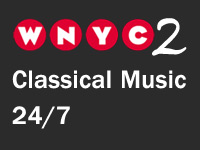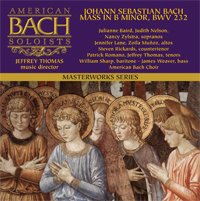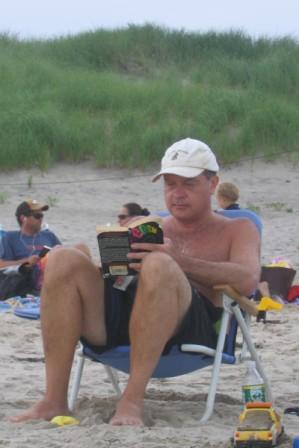A Musical Gift for the Children on Your List

Last Saturday I was in the kitchen, making a huge batch of homemade French toast (I wrap and freeze it and the kids have it for breakfast before school) and had the radio on, tuned to our local commercial classical music station, WQXR. They were playing a children's piece by the French Romantic composer Camille Saint-Saëns called The Carnival of the Animals. It's a wonderful, somewhat whimsical piece of 14 short movements, each of which depicts a different animal, such as a donkey, an elephant, fish, Kangaroos, etc. It's great fun, and a terrific way to introduce children to classical music. The composer wouldn't allow it to be played publicly until after his death, worried that it's lowbrow nature would hurt his reputation as a serious composer.
So imagine my surprise, nay shock, when my six year old son walked into the kitchen and cried out "Dad, that's the carnival of the animals!". As we listened, he was able to identify what animal was the subject of each movement too. It turns out that his first grade music teacher showed a video about the piece and he loved it. As you might guess, I have classical music playing at home frequently, mostly for my benefit but also because I want our children exposed to it as they grow up. My father did the same thing for me, and I'm quite grateful that he did.
So I went to amazon.com and ordered this video. We'll see if it gets here in time for Christmas, and if not I'll just give it to the kids when it arrives. My experience with amazon has been that when they say 4-6 weeks for delivery it means that they have to obtain it from a distributor and that I often get it within a week or two. There's also this CD and book combination that looks very nice and is in stock.
So consider the gift of classical music for the kids on your holiday gift list. It's a wonderful thing to do that the kids will also really enjoy.
And listen to it with them, and enjoy.





